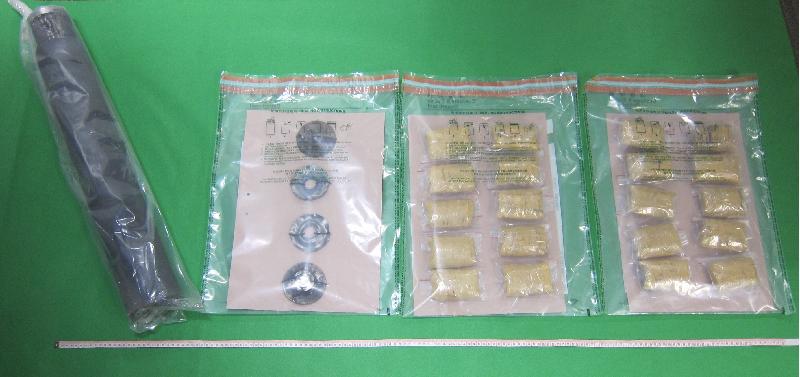CSSA caseload for July 2018
The overall Comprehensive Social Security Assistance (CSSA) caseload in July showed a drop of 497 cases, representing a decrease of 0.2 per cent compared with that of June, according to the latest CSSA caseload statistics released by the Social Welfare Department today (August 22).
The total CSSA caseload at the end of July stood at 230 665 (see attached table), with a total of 332 960 recipients.
Analysed by case nature, all categories of cases recorded a decrease. Low-earnings cases registered a month-to-month decrease of 1.2 per cent to 3 955 cases while unemployment cases showed a drop of 0.6 per cent to 12 475 cases.
Ill health cases fell by 0.4 per cent to 23 383 cases. Old age cases, single parent cases and permanent disability cases dropped by 0.2 per cent to 143 774 cases, 25 763 cases and 17 000 cases respectively.
